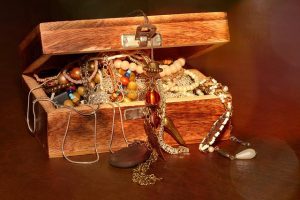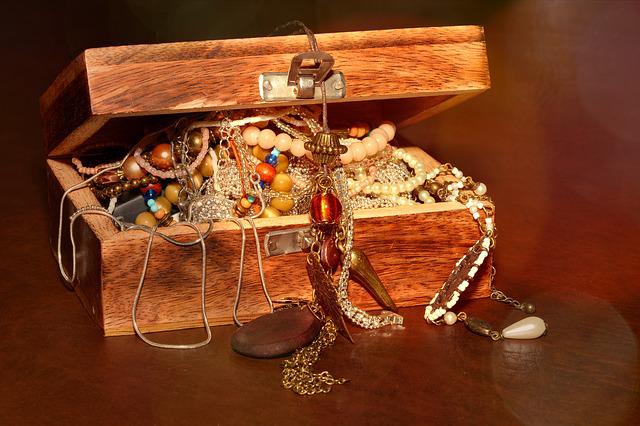
Rav Yaakov Galinsky zt’l tells a story he attributes to Rabbi Yisrael Mayer Kagan, the Chofetz Chaim. There was a gemstone dealer from St. Petersburg who traveled all the way to Danzig (today Gdansk, Poland) to a sale. Even today, this trip takes more than a day by train and bus; then, it was surely a week’s journey. But it proved worthwhile, as the dealer found valuable gems at amazing prices. He spent all he could, leaving himself only 300 rubles to travel back home in style while staying in fine hotels.
Before he left, however, he had a visitor. Another merchant was accused of wrongdoing and threatened with arrest. He had to flee immediately, lest the government confiscate his purchases and throw him in prison. He had a case of shimmering diamonds worth tens of thousands of rubles, and he offered to sell it, whole, to the St. Petersburger.
The latter replied, however, that he simply didn’t have enough to pay him for those gems. “Well, what about 5,000?”
“I don’t even have that,” he said.
The other, however, just stood on trembling legs. “I must run away, flee, escape. Give me 1,000 rubles, and the whole treasure is yours.”
The St. Petersburg merchant told him the truth: “all I have left in cash is 300 rubles, for my travel home.”
The other man didn’t wait a moment. “Give it to me, and take it!” And with that, the man from St. Petersburg was left with two cases filled with diamonds and other precious stones—and not a kopeck in cash!
He was left traveling largely on foot, sharing food with beggars. Yet he knew, all the same, that he was wealthy beyond imagination, and he would be able to enjoy his fortune once he returned home. And if he ever felt the difficulty of his current situation, all he had to do was sneak a peek into one of his suitcases.
In this week’s parsha, Yaakov blesses Yissocher by comparing him to a large-boned donkey, able to carry a heavy burden. Yissocher knew that he could relax and take it easy: “He saw that resting was good, and the land was pleasant,” yet even so “he bent his shoulder to bear, and was like a tasked servant” [Gen. 49:15].
Yissocher saw the value of Torah, and learning as much as he could. So even though it took away from other pursuits, he recognized that he was acquiring something more precious than diamonds, well worth his investment.
In the Chapters of the Fathers [6:4] it says that the person who sets other things aside for Torah will enjoy the blessing in Psalms 128:2 that “you will be happy and it will be good for you”—you will be happy in this world, and it will be good for you in the World to Come.
And this, Rabbi Galinsky said, is the lesson from the diamond dealer. How can someone be happy in this world, if he is “missing out?” The answer is found when we think of the dealer peeking into his cases, and seeing how wealthy he truly was. Every Jewish person has the ability to gather diamonds, through Torah and the Commandments!


